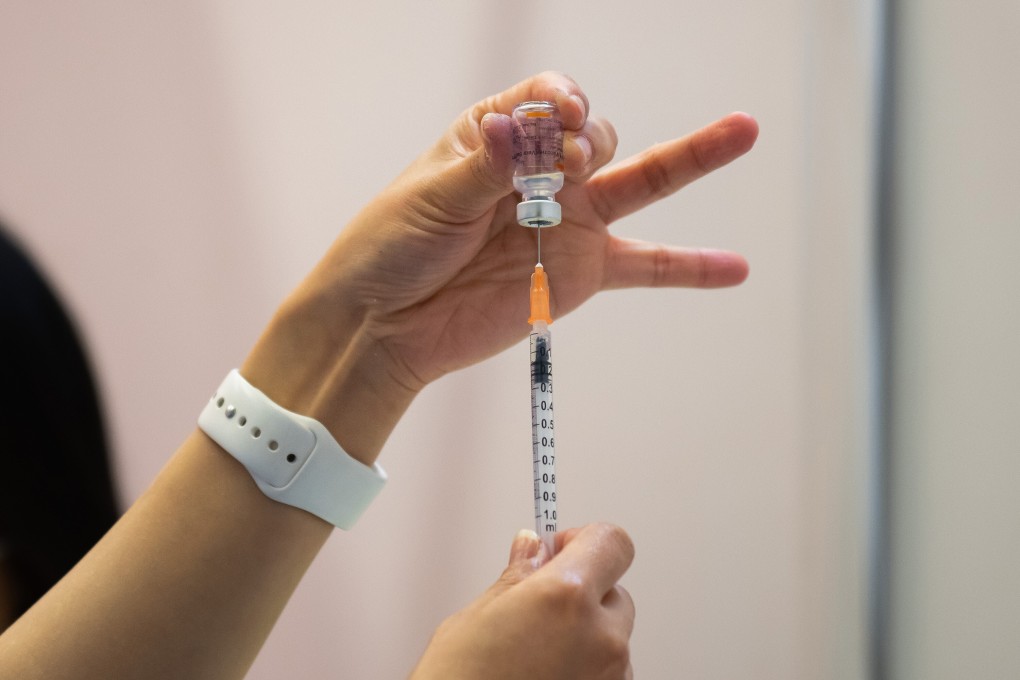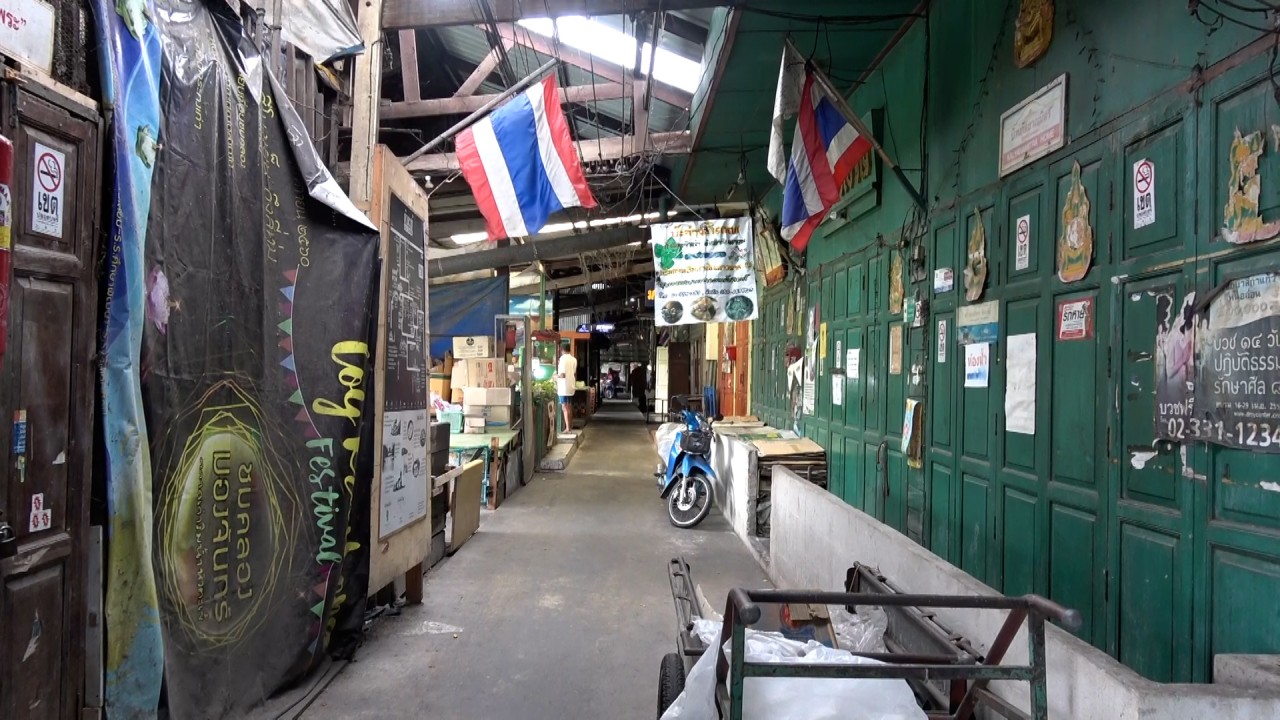Opinion | What’s behind Southeast Asia’s hesitancy towards China-made vaccines?
- Beijing has supplied 190 million doses of its home-grown inoculations to the region, but public perceptions towards Sinovac and Sinopharm are negative
- In the likes of Indonesia, Malaysia, and Singapore, factors including efficacy and religious concerns as well as anti-China sentiment are behind this selective hesitancy

Several polls undertaken since late 2020 – by different organisations including YouGov, Kompas, Indikator, Suan Dusit, and using different sampling methods – paint a mixed picture of public perceptions towards Chinese vaccines in these countries.
General Covid-19 vaccine hesitancy
While massive Covid-19 outbreaks in each of the six countries above have driven up vaccine willingness, a number of surveys in the region indicate that general vaccine hesitancy is largely attributed to concerns about effectiveness, safety, and fears about side effects.
For instance, 25 out of the 30 participants interviewed for a study in September last year expressed their “disbelief” about Covid-19, describing it as “a common cold, flu, and cough” that “has been blown out of proportion by the government” – even though Indonesia was at the time recording 4,000 new cases and 100 deaths daily.
Public scepticism about the existence and severity of Covid-19 feeds into vaccine hesitancy, especially in the wake of anti-vaccine disinformation campaigns. In the Philippines, anti-vaccine theories peddled by United States-based evangelical Christian groups have filtered into local church networks and Facebook discussion groups.

01:03
Once-bustling Bangkok market deserted as Thailand struggles with its worst wave of Covid-19

